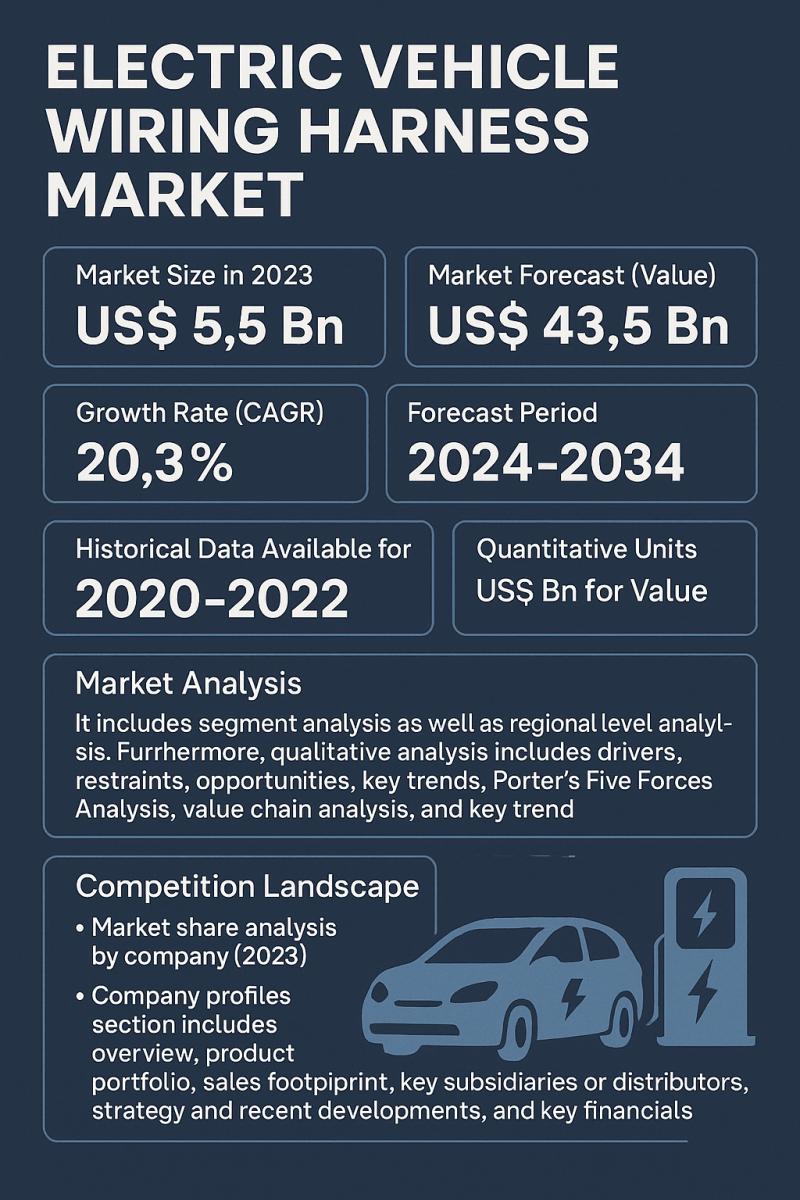I first sensed it at Mobile World Congress in February. I saw a demo of phone software in which all apps were replaced by an AI interface. Then last week at Qualcomm’s Snapdragon Summit, CEO Cristiano Amon said he wanted “to break the paradigm of the app construct.” The feeling of foreboding arose once more.
Based on everything that I was seeing and hearing, it seemed like we might have reached the beginning of the end for smartphone apps. Cause of death? Generative AI.
In his keynote, Amon laid out how AI would change the role of the OS and the app store. His thinking, which was shared by many at Qualcomm and in tech more widely, is that rather than going to our phone’s home screens to find and open individual apps, we will instead primarily interact with our phones via an AI “agent.”
This agent will have its fingers in every pie — from our calendars to our bank accounts, our messages and our health data. It will learn our tastes, our preferences and our habits. We’ll be able to ask it to do anything, from helping us book flights to sending follow-up messages to our friends reminding them to pay us back for dinner after it split the bill for us.
An AI agent is effectively an AI assistant — think Siri or Alexa — come of age. The idea is it will be front and center in our digital worlds, dancing across all of our devices, from smart glasses to cars, providing a consistent experience and adapting how it interacts with us depending on what device we’re using.
“The AI agent becomes that one single entity, which is a starting point that does anything else for you,” said Eric Dulkeith from IBM Research.
On the phone, it could eliminate the traditional home screen altogether: The neat rows of icons replaced by a singular portal into which we pour our requests, our questions and our ideas. “AI is the new UI,” said Durga Malladi, Qualcomm’s SVP of tech planning, on stage at the Snapdragon Summit.
“We all walk around with a mental image of a file structure in our heads, right?” Malladi later added in a roundtable briefing with journalists. “You don’t have to do that anymore … it changes the way that we interact with devices.”
Prognosis: A slow fade expected

This year’s Pixel 9 series includes the AI-powered Gemini Advanced which replaces the old familiar Google Assistant. Gemini is more conversational and understands context better.
The Snapdragon Summit was an opportunity for Qualcomm, which makes chips for almost all of the world’s smartphone makers barring Apple and Google, to show what might be possible on next year’s batch of Android phones using its new Snapdragon 8 Elite chip. This includes AI agents, which will tap into the chip’s NPU (neural processing unit).
Already this year we’ve started to see the beginnings of what will become AI agents — the likes of Apple Intelligence and Galaxy AI — so it seems inevitable that this trend will grow in the coming year. But when Qualcomm talks about a total move away from app-based phone interfaces, that feels like longer-term thinking.
It won’t help that people aren’t replacing their phones as often and that the kind of NPUs necessary to run AI models with agent-level complexity will only be in the very best phones in the coming year, said Leo Gebbie, principal analyst at CCS Insight. It could take a long time to reach a “tipping point,” where these phones are in most people’s pockets.
So it seems like we’re not looking at an imminent cut to black, but a slow fade that will play out in the years ahead. Instead of us going straight to our apps when we open our phone, they will begin to play second fiddle to our AI agent, which we’ll reach for in their place. “They’re still there, but they’re in the background,” said Malladi.

Watch this: Apple Intelligence Impressions: Don’t Expect Radical Change
The way he described it, there may be hope for the future of apps after all, at least in some form. Like the stars of yesteryear, they’ll survive but fade from our consciousness, playing a less prominent role in our moment-to-moment digital interactions. Maybe they’ll shapeshift, looking less like the apps we know today and effectively becoming plugins to the AI agent.
Qualcomm is beginning to help developers with this shift, said senior vice president Ziad Asghar. App makers have access to Qualcomm’s AI Hub, announced this year at MWC, which will help them bring generative AI capabilities into their apps. There’s a whole library of options to choose from and a playground to test them out.
To keep our data safe, and to minimize the likelihood of our sensitive information being exploited, Qualcomm is emphasizing the importance of on-device AI — another thing that is made possible by its latest chipsets. (Apple is taking a similar approach to factoring privacy into its AI technology.) Instead of living in the cloud, our AI agents will live close to home. “If we do it on the constellation of devices that you have on your body, the information is not leaving you,” said Asghar. “It’s staying within your circle of interest.”
‘Quite messy before it gets better’

With every terminal diagnosis, a second opinion is necessary. I asked Geoff Blaber, CEO of analysis firm CCS Insight, whether he buys into Qualcomm’s vision.
“I do agree that it does stand to change the paradigm,” he said. We’ve been stuck in one “narrow” mode of interacting with tech for a long time now, he added. “You’re constantly chopping in and out, and your data is kind of contained across multiple different silos.”
There is one big caveat, though. Blaber said that while the tech is ready to go, there are some major players that will need persuading for a shift to agents to happen. Companies that currently have a stranglehold over our data may be reluctant to open the gates for an AI agent to reach its tentacles in.
Likewise, regulators are increasingly wary of big companies such as Apple and Google having dominion over our every move in the digital world. They’re demanding they open up their app stores and operating systems to give people more choice and control. The same will likely be true of AI agents.
“It probably gets quite messy before it gets better,” said Blaber, especially if you end up with more than one agent on your phone — which, let’s face it, only has so much space to run big AI models such as this. A lot needs to be worked out before the vision of an AI agent that can orchestrate your entire digital life becomes a reality, he added.
In the meantime, said Asghar, apps will go through a process of evolution. “I don’t think they’ll go away, but I think they’ll change,” he said. As for our phone’s interface, he thinks AI agents will coexist with the current app-based setup for a while until one wins out as the primary option.
I left the Snapdragon Summit feeling less morbid than I did on day one, but resigned to the fact there will be casualties on the road ahead as AI agents grow in power and prevalence. It’s clear that change is in the air. Our app-based home screens seem to be on borrowed time. Apps will survive in one form or another, but not as we know them right now. Their twilight years are on the horizon — let’s hope what comes next will serve us just as well.


